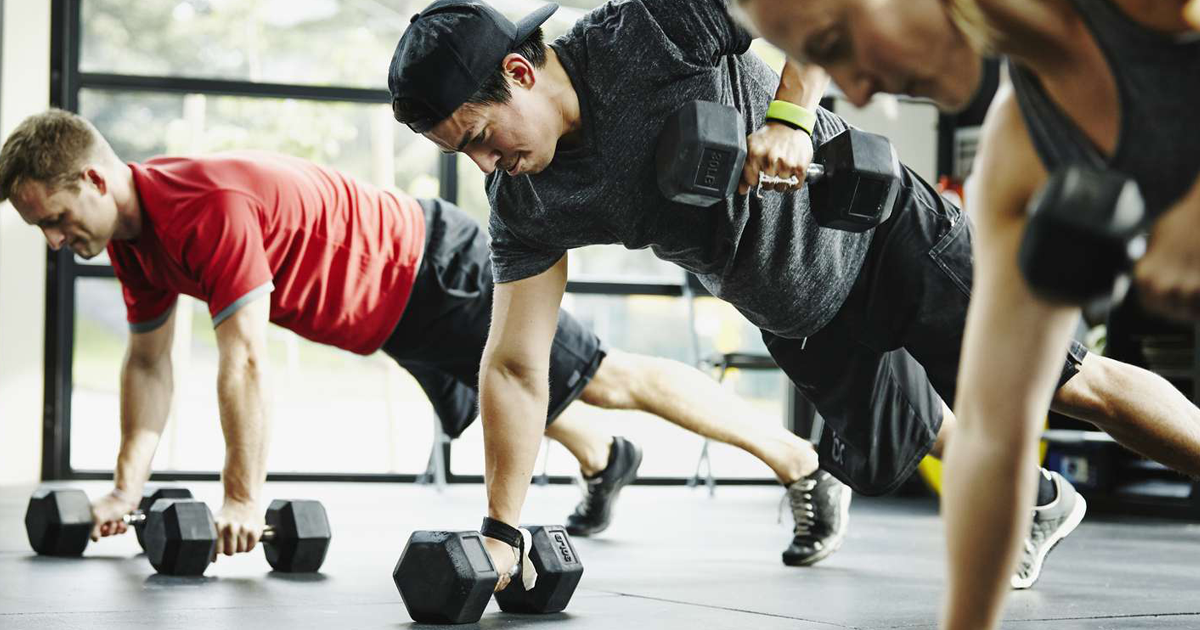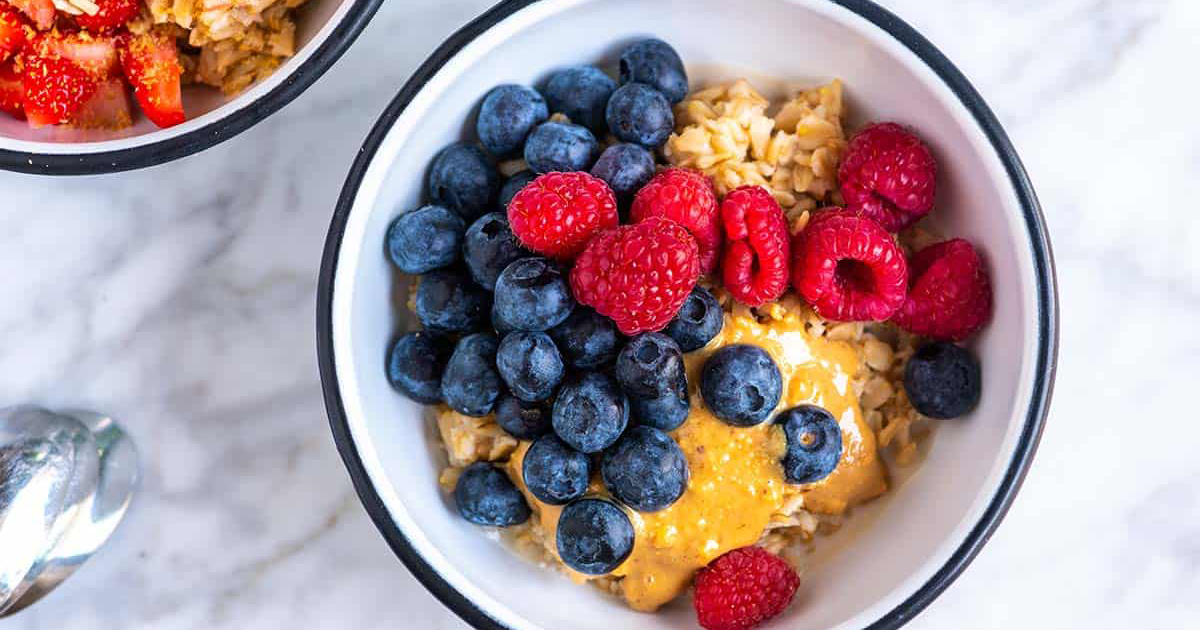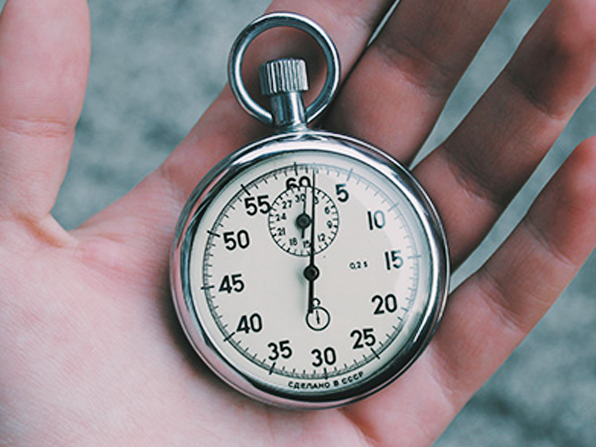
Slow metabolism negatively impacts your overall health, and as you've probably figured, it can lead to weight gain. It doesn't feel good, but it's not the end of the world.
I've been there, too…even kept a few oversized t-shirts in my closet to remind me. Today, I help people who want to build muscle mass and drop body fat get more from their workouts.
I decided to write this article because of a common question I get asked by folks following me online:
How do I speed up my metabolism to lose weight?
To boost metabolism when losing weight, you must primarily focus on physical activity and a balanced diet. Certain lifestyle changes, drinks, and supplements can impact your metabolism but aren't enough to achieve noticeable and sustainable results.
Now, I won't waste your time with questionable methods.
By all options, I mean exercises, foods, drinks, and supplements that I've tried and seen work in my years as a personal trainer. Tried-and-true methods to kick your metabolism into high gear and help you start a weight loss journey.
Before we get into metabolism boosting, I'd like to explain the process.
What Does It Mean to Boost Metabolism?
Boosting metabolism means increasing the overall rate at which your body burns calories and converts food into energy. Fast metabolism doesn't necessarily translate into better overall health, but it promotes weight loss because you're using more calories from stored body fat.
I often see people confuse metabolism with basal metabolic rate (BMR). BMR, also called resting metabolic rate, refers to the number of calories your body needs at rest to maintain vital functions.
That's not to say BMR isn't important…not at all. It is one of the three components of your metabolism and accounts for up to 75-80% of the energy you expend daily.
You'll understand why I mentioned this in the next section.
What Exercise Increases Metabolism the Most?
Your basal metabolic rate (BMR) is closely related to lean muscle mass. Since BMR accounts for the largest amount of energy expenditure, exercises that build more muscle mass increase metabolism the most, leading to weight loss.

Strength Training is the Way to Go
I know not everyone is into lifting weights. Instead, you can do outdoor workouts with resistant bands, basic bodyweight training, or primal movement exercises at home. Primal workouts won't make you grow big, but since they're hitting multiple muscle groups, they'll help you burn fat.
I've helped many transform their bodies through strength training…it's just way more effective than cardio. That's one of the key facts to remember when losing weight.
It doesn't have to be five days a week, but doing it five times a month won't work. The sweet spot is somewhere in between, and pushing yourself is a must.
Like we personal coaches often tell new folks at the gym:
Stronger feels worse at first, but it feels better after!
High-Intensity Interval Training (HIIT)
HIIT workouts are another effective way to put your metabolism on overdrive. As a beginner, you can start with a short 7-8 minute session…it's more than enough.
When I first tried it, I gasped for air but felt that burn for hours afterward. You've probably heard that oxygen intake and weight loss are connected.
As the guys at Fit Body Boot Camp explain it:
HIIT training keeps the metabolism elevated for hours after exercise because your body uses extra energy to recover. It also impacts Growth Hormone (GH) production, further increasing the number of calories burned.
By the way, GH is one of the six fat-burning hormones discussed in this article.
Cardio and Aerobic Exercises
I'm sure some of you want to know about running, cycling, jumping rope, etc. These will also increase your metabolism, but not as much. Depending on your current lifestyle, even walking in the park can make a difference.
Just remember that you can't expect to do a single 10-minute workout and suddenly have a supercharged metabolism. Make exercise a routine, and you'll start seeing results.
If you're serious about boosting your metabolism and losing weight through exercise, I recommend trying SKALD. It's a top-rated oxydynamic fat scorcher from BELDT Labs, based on all-natural ingredients.
What Foods Speed Up Your Metabolism?
Now, let's talk about foods that can affect metabolism. Again, I'll only tell you what I've experienced firsthand…tweaks in your diet that make a difference in how your body burns calories.

Oatmeal for Breakfast
Oatmeal is a complex carb that takes more energy for your body to break down, which means natural metabolism boosting. Make it with low-fat milk to help build dense muscle mass. Then, add some berries for the antioxidants and fiber to stabilize blood sugar levels.
This combo keeps your energy steady and your metabolism working efficiently throughout the day. I also like adding bananas…it's a breakfast that keeps me full till lunch.
Legumes for Lunch
Let's talk beans, peas, and lentils. These little veggies are metabolism magic in a pod. Years ago, I used to think they were just boring side dishes, but this has changed.
Legumes are loaded with dietary fiber, carbs, and protein to satisfy your hunger and keep your metabolism humming. As your body has to work harder to digest them, you also burn more calories.
Many people I train swapped their regular lunches for a lentil soup or a bean salad, and after a while, all noticed a big difference. Those who need extra carbs for the rest of the day eat them with pasta, rice, or tacos…it's okay in mid-day.
What I love about legumes is that they're cheap, easy to store, and versatile. You can find plenty of nutritious and flavor-packed recipes to match your taste.
Proteins for Dinner
Protein is the holy grail of metabolism-boosting foods.
My top recommendations are fish, shellfish, and lean meats like chicken breast and turkey. These are not only important for lean muscle mass but also stimulate the thermogenesis process in your body. In other words, you burn more calories digesting protein than anything else.
Fish and shellfish are especially awesome because they're also packed with omega-3s, which can help reduce inflammation and support a healthy metabolism.
What Drinks Make Your Metabolism Faster?
Drinking green tea is one of the best ways to do it. Its catechins enhance fat metabolism and increase calorie burning. Coffee can also help speed up your metabolism by stimulating energy expenditure. Additionally, cold water consumption can temporarily increase your metabolic rate as your body burns calories to warm it up.
Something I emphasized in my article about what to do instead of counting calories is choosing green tea over coffee. It still contains caffeine, it increases fat oxidation, and, as opposed to coffee, green tea doesn't make you hungry.
Metabolism Supplements for Weight Loss
Most dietary supplements affect your metabolism in one way or another. The reason is that they're designed to support various bodily functions, and metabolism is at the heart of it all.
Let me give you a few quick examples:
B vitamins help your body convert food into energy. Iron keeps your blood healthy for better delivery of oxygen to your cells. Calcium plays a role in fat storage and breakdown. Amino acids and protein powders are the building blocks for muscle, and more muscle means a higher metabolic rate.
You see what I mean…it's all connected.
But no matter what those flashy commercials promise, when you aim to speed up your metabolism and lose weight, supplements can't replace physical activity and a good diet. These are essential for achieving short-term and long-term weight loss goals.
Now, don't get me wrong. High-quality supplements can be a great addition to your workouts, but it depends on your aim. Do you want to drop a significant amount of weight or maybe burn some fat and get shredded?
I've seen people waste a ton of cash on supplements they didn't need because they bought into the hype. On the flip side, I've trained folks who made amazing progress by spending less than $50 monthly on the right stuff that complements their diet and exercise routine.
So, my advice is first to nail down your objectives and then do your homework on how supplements are made so that you can make informed choices. Most importantly…never forget that being patient is key to losing weight.



